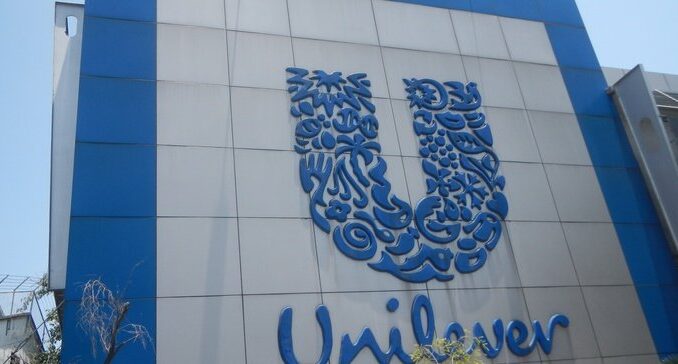
Dive Brief:
Dive Insight:
Unilever’s plans to spend more on its digital marketing are part of a bigger undertaking that seeks to help employees develop the skillsets for what Jope described as a “manpower-intensive marketing world.”
That shift reflects the company’s greater presence in emerging markets than in developed countries, unlike some rivals. With more consumers in those emerging markets adopting digital technologies, especially smartphones with data plans, Unilever is responding with its planned investment in people and other marketing resources to connect with customers.
In discussing its digital marketing efforts, company management also described how it focused on brand safety and avoided losing money to fraudulent bot networks. During the quarter, Unilever was among the hundreds of companies to participate in a pause of spending with some social media companies, including Facebook. The company said it would redirect the spending that had been earmarked for social networks to other channels.
Among other highlights from Q3, Unilever reported strong growth in North America as consumers continued to spend more heavily on packaged food brands like Hellmann’s mayonnaise, Sir Kensington’s condiments and Talenti ice cream. The persistence of the pandemic in many parts of the U.S. led people to buy more personal hygiene products like Dove soap and Suave hand sanitizer. The company’s personal care unit also grew worldwide as people purchased shampoo and bath items, though sales of deodorant, hairstyling products and skin care slumped as many consumers remained homebound.
While the pandemic continues to disrupt Unilever’s operations, particularly in key markets like Brazil and India, the company’s plans to bet bigger on digital are part of a longer-term strategy. Almost two years ago, Jope discussed how Unilever would restructure operations to improve efficiency and invest in digital marketing programs, Marketing Week reported. It also started to aggressively hire people for digital hubs to manage marketing programs that were more data-driven and personalized, signaling a ramp up in marketing efforts that could be more cost-effective in the long term.

Leave a Reply